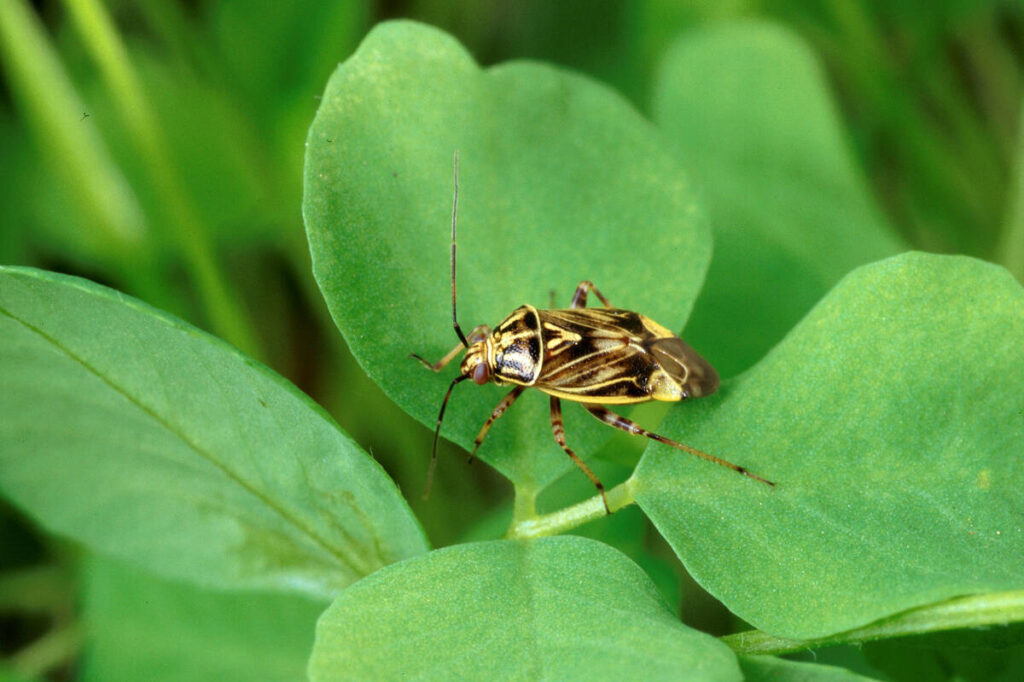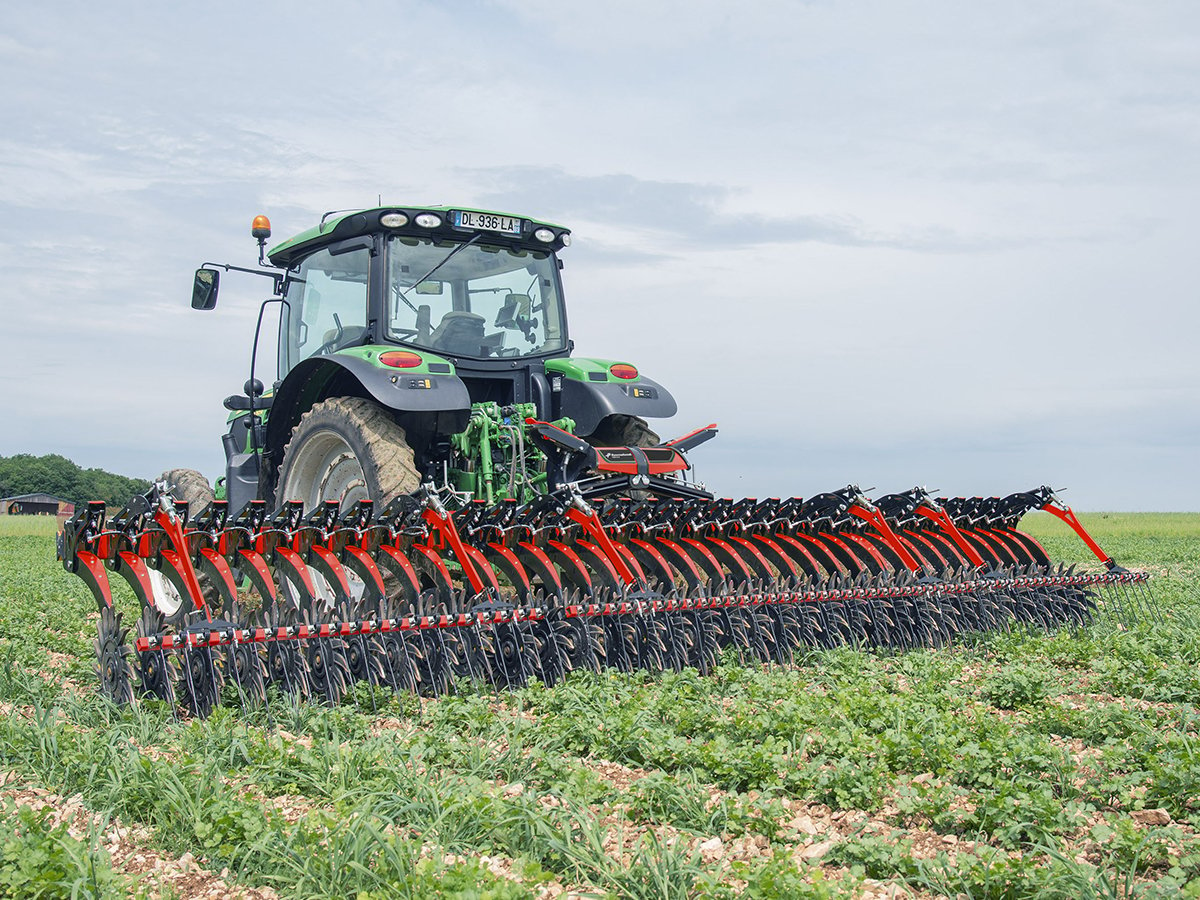New risks flagged in this year’s ‘Keep it Clean’ list

There are a few important changes in the 2025 ‘Keep it Clean’ product list that farmers should be aware of.
Keep it Clean, a collaboration between the Canola Council of Canada, Cereals Canada, Pulse Canada and the Prairie Oat Growers Association, publishes an annual advisory to help farmers navigate market risks related to agrochemical use.
The biggest change this year stems from the Pest Management Regulatory Agency’s (PMRA) widely reported loosening of restrictions on the use of lambda-cyhalothrin (Matador), a broad-spectrum insecticide commonly used to control grasshoppers in cereal crops. The insecticide had been removed from the label several years ago.
Read Also


Inter-row cultivation helps organic crops
Two organic producers at the recent Advancing Organics conference in Saskatoon said inter-row cultivators are worth the expense, noting considerable benefits with their use.
Krista Zuzak, director of crop protection and production with Cereals Canada and the organization’s representative on the Keep it Clean team, said the chemical was previously removed from the list due to uncertainty about whether treated grain would be destined for animal feed or human consumption.
“It really added complexity and confusion for farmers trying to make decisions to control pests like grasshoppers,” Zuzak says. “When the PMRA announced the reinstatement of grain treated with lambda-cy as an acceptable source of livestock feed, it resolved an issue that we’d had since 2021.”
Also new to the advisory for pulse growers in 2025, flonicamid — the active ingredient in the insecticide product Carbine — is now classified as “amber,” or “be informed,” for green lentils only.
“This classification is due to uncertainty regarding the maximum residue limit (MRL) in the European Union for green lentils,” says Greg Bartley, director of crop protection and crop quality with Pulse Canada. “Growers are advised to consult with their grain buyers before using flonicamid on green lentils, as some buyers may not accept treated grain.”
Bartley, who is also Pulse Canada’s representative on the Keep it Clean team, adds that another update affecting pulse growers clarifies that glufosinate ammonium cannot be used on any pulse crop in Western Canada.
Zuzak notes that glufosinate is also not registered for use on cereal crops — which ties into broader messaging from Keep it Clean around off-label desiccant use. Even though glufosinate is registered as a late-season product on some crops, applying it off-label to cereals or pulses can create market access issues.
“We definitely want growers to have access to as many tools as possible,” Zuzak says. “But we just really want to be sure that growers are following the label as well.”
More information about the 2025 advisory is available at keepitclean.ca, and growers with questions should reach out to their grain buyers.
“We always recommend that growers check with their grain buyers to ensure the products they’re using are acceptable to both domestic and export markets,” Bartley says.
Source: producer.com


